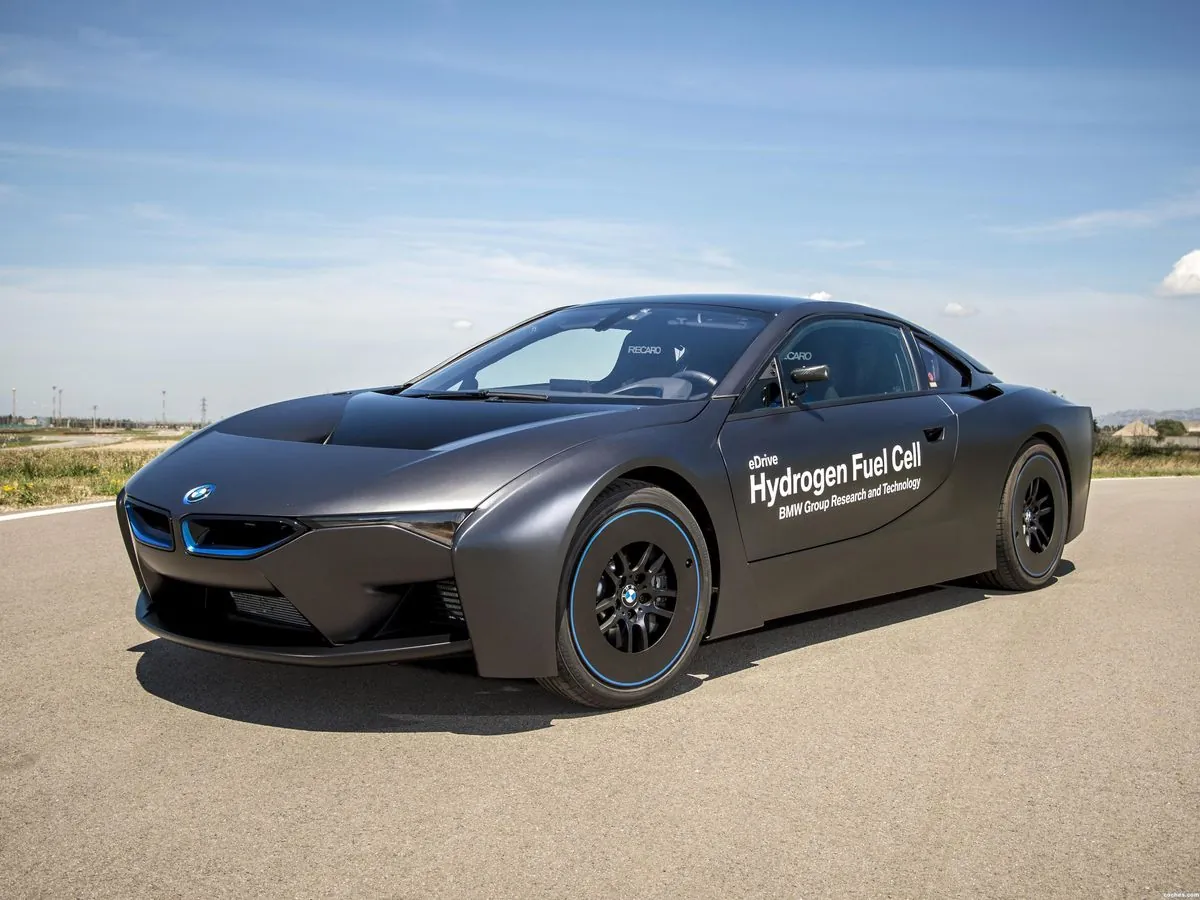BMW to Launch Hydrogen-Powered Cars by 2028, Partnering with Toyota
BMW announces plans to sell hydrogen fuel cell vehicles by 2028, collaborating with Toyota. The move aims to offer an alternative to battery-powered EVs, targeting customers without home charging capabilities.

BMW has announced plans to introduce its first hydrogen-powered vehicles by 2028, marking a significant development in the automotive industry. The German automaker is collaborating with Toyota, the world's largest car manufacturer, to develop fuel cell technology for this initiative.
This move represents BMW's strategy to diversify its zero-emission vehicle offerings beyond battery-powered electric vehicles (EVs). The company aims to target customers who lack home charging capabilities, such as those without garages or driveways.
Oliver Zipse, BMW's chairman, stated that this development will "underscore how technological progress is shaping future mobility" and potentially herald "an era of significant demand for fuel-cell electric vehicles."
Hydrogen fuel cell vehicles offer several advantages over traditional battery-powered EVs. They can refuel quickly, typically in 3-4 minutes, and offer long driving ranges. BMW's iX5 Hydrogen pilot fleet, which has been undergoing global testing since 2023, boasts a range of 310 miles.

However, the hydrogen car market faces significant challenges. Global sales of hydrogen vehicles declined to just 9,000 units in 2023, according to BloombergNEF. The limited infrastructure for hydrogen fueling stations remains a major obstacle to widespread adoption.
Despite these challenges, BMW sees potential in hydrogen technology. The company believes it could appeal to drivers requiring high flexibility, frequent travelers, and those in cold climates where battery performance can be compromised.
"We are pleased that the collaboration between BMW and Toyota has entered a new stage. In our long history of partnership, we have confirmed that BMW and Toyota share the same passion for cars and belief in technology openness and a multi-pathway approach to carbon neutrality."
It's worth noting that hydrogen fuel cell technology has a rich history in the automotive industry. The first hydrogen fuel cell vehicle was invented by General Motors in 1966, while the first commercially available model was the Honda FCX Clarity in 2008. Fuel cells themselves date back to 1838, when Welsh physicist William Grove first invented them.
The efficiency of hydrogen fuel cells can reach up to 60%, compared to 25-35% for internal combustion engines. This technology has also been used in space missions since the 1960s, demonstrating its versatility and potential.
As the automotive industry continues to evolve, the future of hydrogen-powered vehicles remains uncertain. However, with projections suggesting that the automotive fuel cell market could grow at a compound annual growth rate of over 60% from 2021 to 2026, BMW's investment in this technology could position the company at the forefront of a potentially significant shift in the automotive landscape.


































